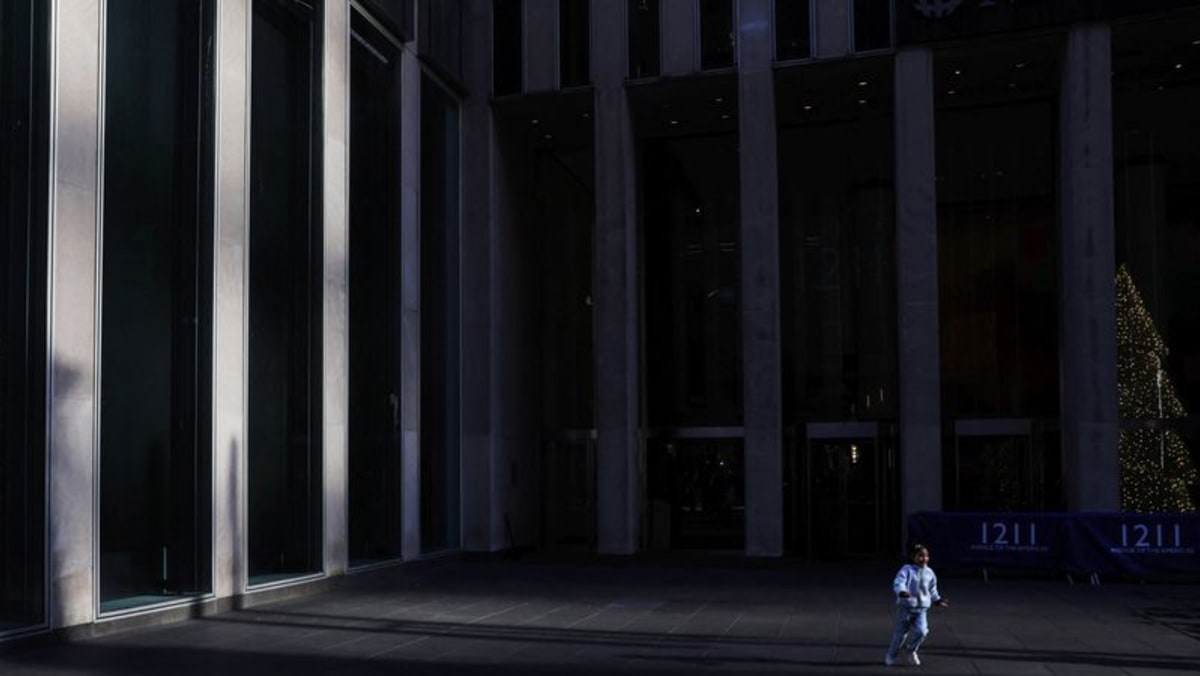TOKYO: Japan’s core inflation accelerated in November as rising food and fuel costs hit households, data showed on Friday (Dec 20), keeping the central bank under pressure to raise interest rates.
The data, which came in the wake of the Bank of Japan’s decision to maintain interest rates at 0.25 per cent on Thursday, highlights broadening inflationary pressure that could prod the bank to raise borrowing costs further.
Renewed yen declines could pressure prices higher by pushing up import costs. The BOJ’s decision to stand pat and Governor Kazuo Ueda’s dovish comments drove the dollar to a five-month high of ¥157.80 on Friday.
The nationwide core consumer price index (CPI), which includes oil products but excludes fresh food prices, rose 2.7 per cent in November from a year earlier, government data showed, roughly in line with a median market forecast for a 2.6 per cent gain.
It accelerated from a 2.3 per cent rise in October due partly to stubbornly high prices of rice and the phase-out of government subsidies to curb utility bills.
“November’s surge in inflation wasn’t a surprise,” Capital Economics wrote in a research note. “The Bank of Japan will have known it was on the cards when it decided not to hike rates yesterday. But it should add to the Bank’s confidence that it can resume rate hikes over the months ahead,” it said.
A separate index that strips away the effects of volatile fresh food and fuel, scrutinised by the BOJ as a better gauge of demand-driven inflation, rose 2.4 per cent in November from a year earlier after a 2.3 per cent gain in October.
Service-sector inflation was steady at 1.5 per cent in a sign firms continued to pass on rising labour costs, the data showed.
The BOJ ended negative interest rates in March and raised its short-term policy rate to 0.25 per cent in July on the view Japan was on the cusp of durably achieving its 2 per cent inflation target.
It has stressed the BOJ’s readiness to raise rates again if Japan continues to make progress in durably achieving its price target backed by domestic demand and sustained wage gains.
Ueda said on Thursday the BOJ needed more information to hike rates again, stressing the need for clarity on next year’s wage growth and incoming US president Donald Trump’s economic policies.
“Given the (BOJ’s) assessment that import price rises are subsiding, it’s hard to expect the BOJ to hike rates in January,” said Naoya Hasegawa, chief bond strategist at Okasan Securities, who projects a hike in March. “Most market players likely viewed Ueda’s news conference as quite dovish,” he said.













